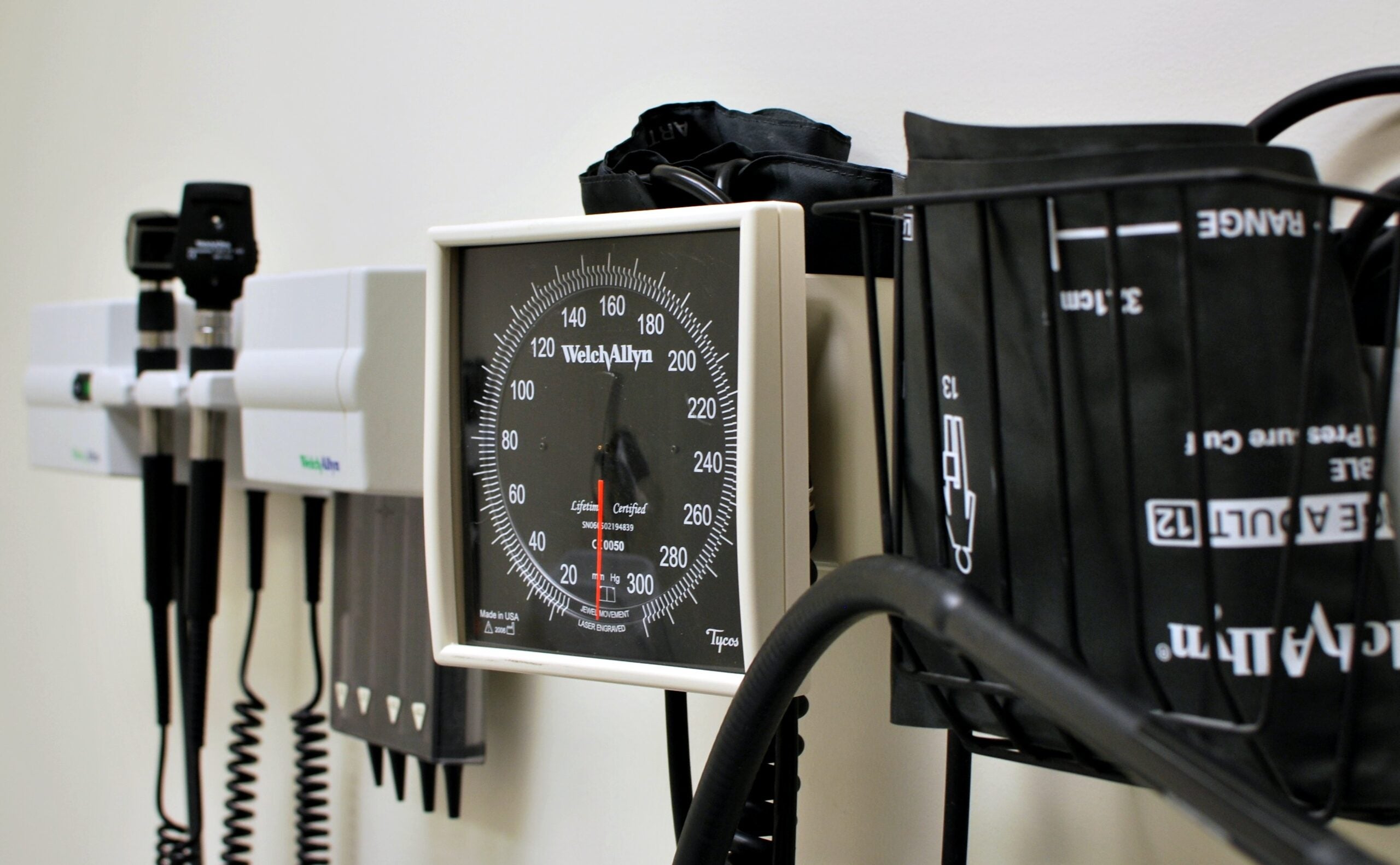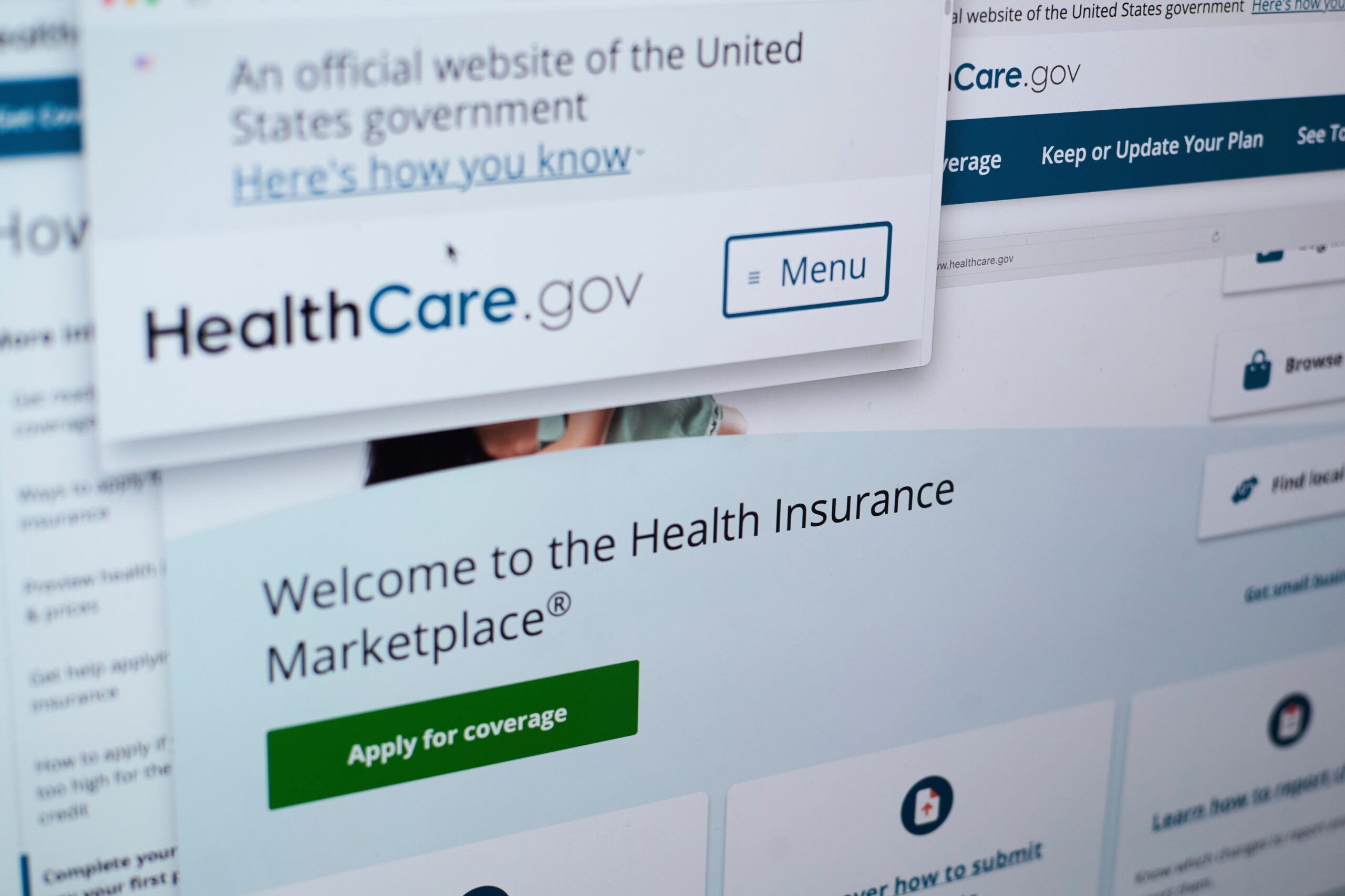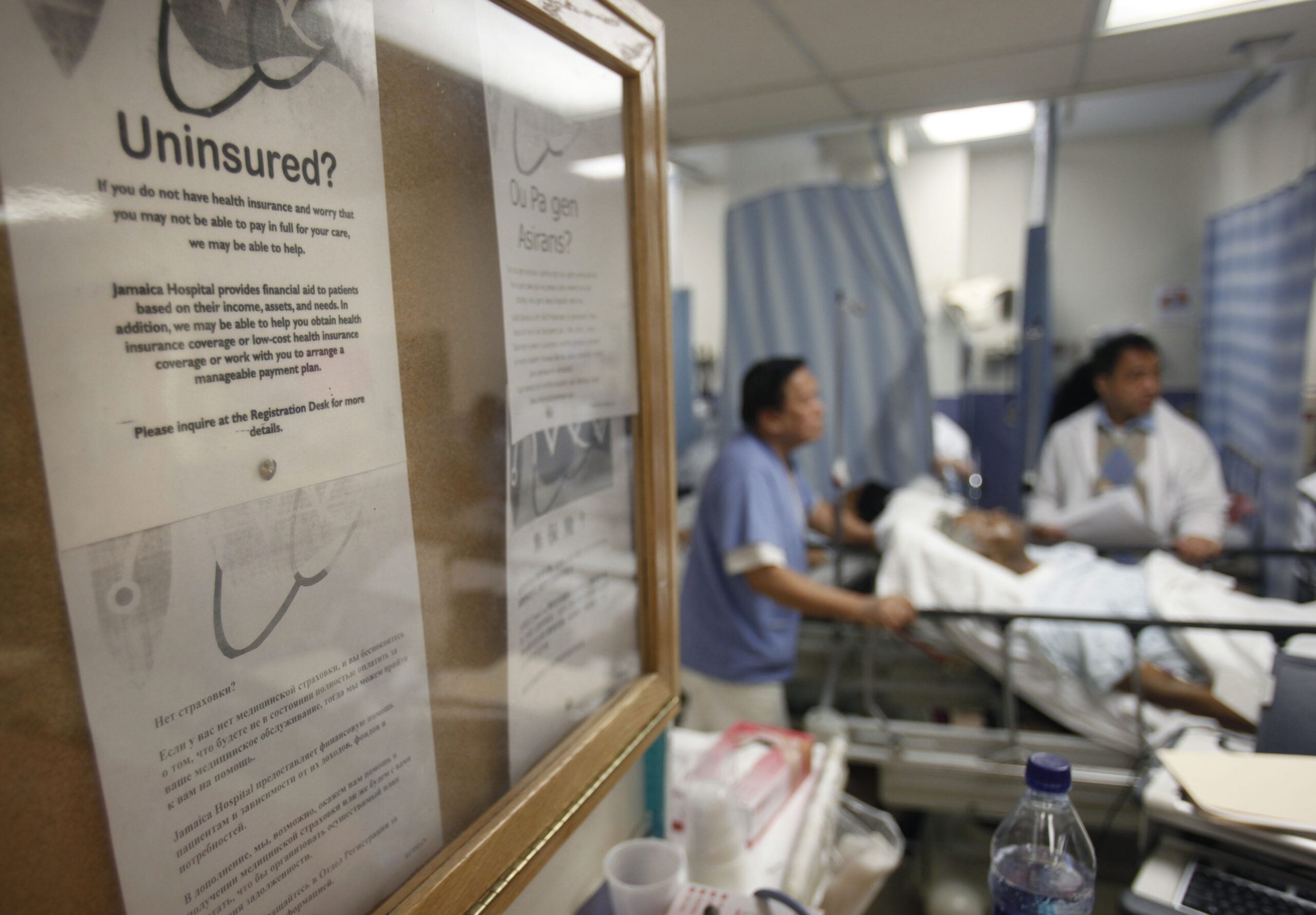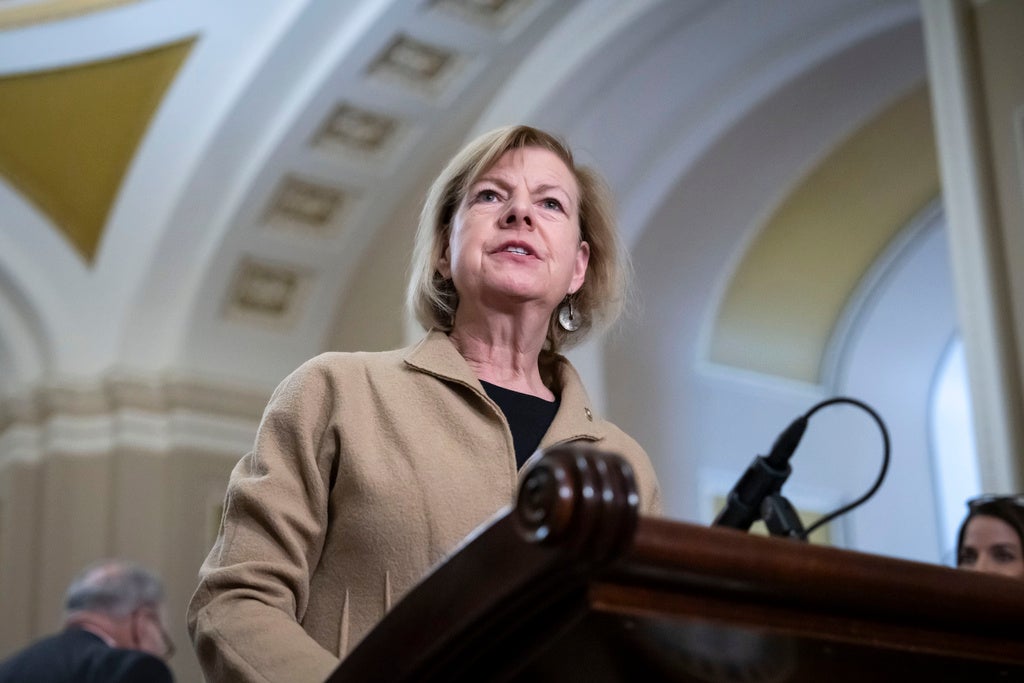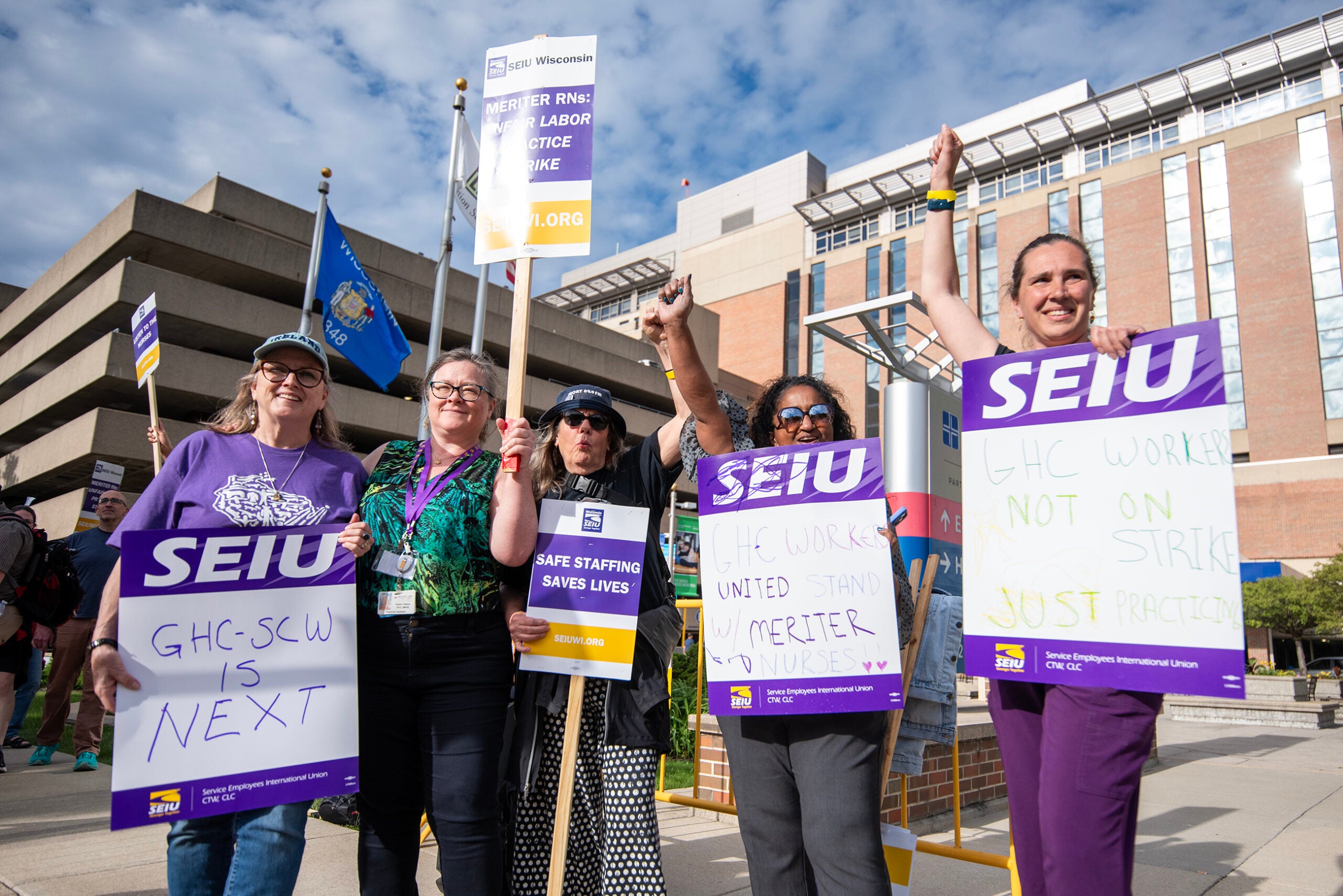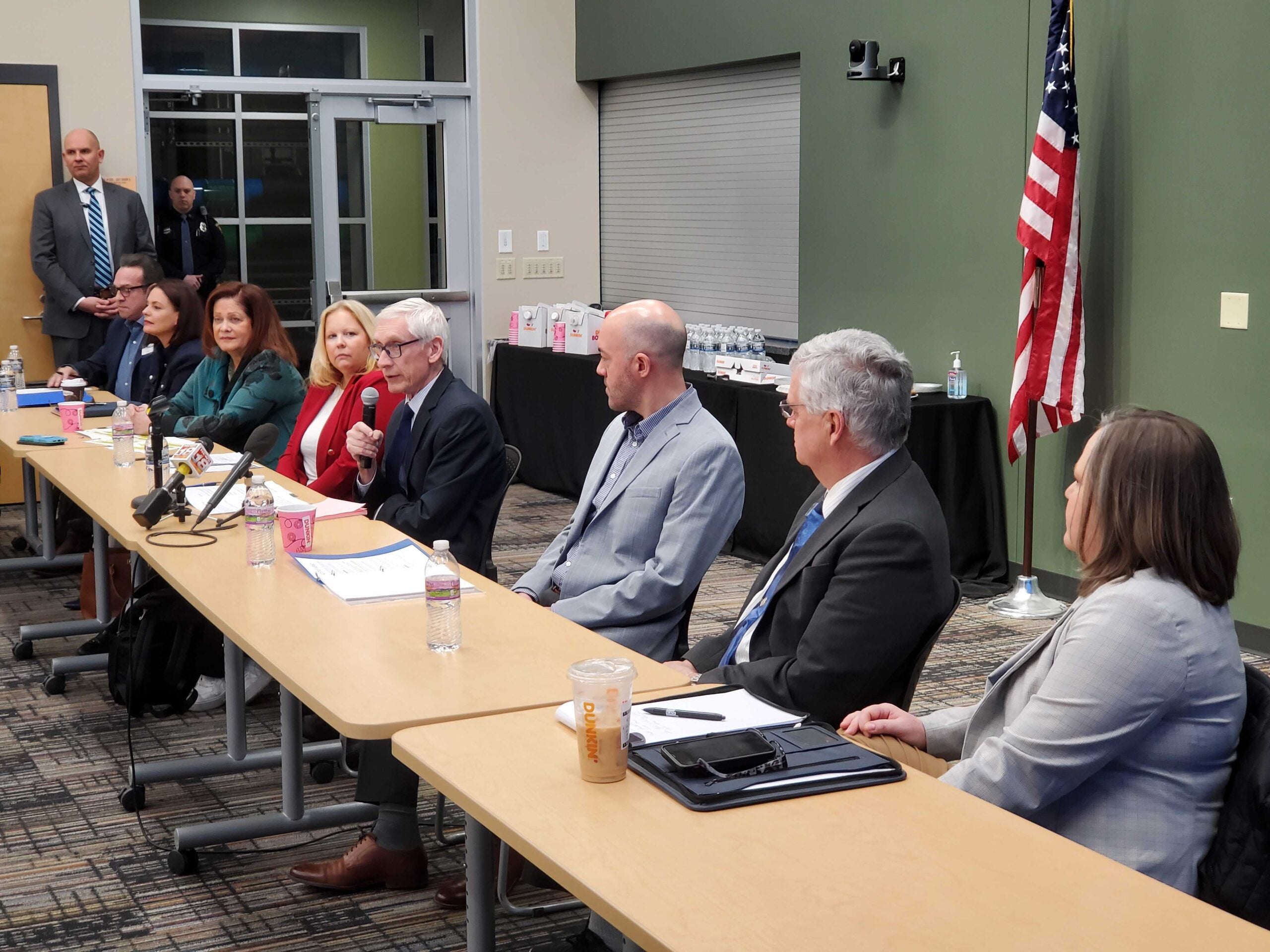Several key lawmakers have expressed skepticism about changing the health plan used by 250,000 state and local employees to a self-insurance model, in which the state would assume financial risk and pay for medical claims directly. So the Group Insurance Board is looking at alternatives.
The Legislature’s Joint Finance Committee has not voted yet, but has indicated it may not sign off on self-insurance, something pushed by Gov. Scott Walker.
However, the budget committee doesn’t have a say in an alternative that would also result in insurer consolidation. At a meeting of the Group Insurance Board Wednesday, board secretary Herschel Day said regionalization could be a backup plan to achieve some of the sought after savings if self-insurance fails to get approval.
News with a little more humanity
WPR’s “Wisconsin Today” newsletter keeps you connected to the state you love without feeling overwhelmed. No paywall. No agenda. No corporate filter.
Regionalization involves reducing the number of insurers and separating the state into regions insurers must cover.
“When talking about other levers we have available to us in terms of the 60 million, I just want to make sure, regionalization is still a lever we can pull as well, right? That is within the board’s control and not within the Legislature’s control?” Day said.
Segal Consulting estimates regionalization could potentially save the state $50 million.
Another alternative discussed by the board would be to keep the current fully insured system and increase employee cost sharing on premiums and out-of-pocket expenses.
To achieve $60 million dollars in savings, deductibles would rise by $1,000 for individuals and twice that for families.
Additionally, employee’s share of premiums would go from 12 percent to 18 percent. The last time there was significant shift in premiums was in 2011, when employee’s share doubled from 6 percent to 12 percent.
Deductibles and out-of-pocket maximums are relatively new — they were introduced to the state insurance plan in 2016. Another option Segal looked at was keeping the current system but increasing premiums by 10.4 percent.
Examining these potential alternatives, board member Michael Heifetz urged lawmakers to reconsider self-insurance.
“First of all, we know that self-insurance has some challenges in the Legislature, but when we’re seeing the flip side of that discussion it just heightens the magnitude and urgency of what this board is charged with doing regardless of legislative action or in this case — inaction.”
Those at the meeting noted lawmakers have expressed interest in having more input on state employee benefits.
“That is absolutely something we could see out of the (state) budget is them legislating a role reviewing the benefits, forcing a drawdown on reserves,” said Lisa Ellinger, deputy administrator of insurance at the Department of Employee Trust Funds.
Lawmakers have been critical of the $160 million reserve fund, something Deputy Insurance Commissioner J.P. Wieske acknowledged.
“Our credibility to a certain degree is being questioned by the Legislature and the folks that are lobbying against (self-insurance). That concerns me,” Wieske said.
In August, the board will discuss recommendations on how the state health plan will operate in 2018 if lawmakers reject self-insurance.
Wisconsin Public Radio, © Copyright 2025, Board of Regents of the University of Wisconsin System and Wisconsin Educational Communications Board.

